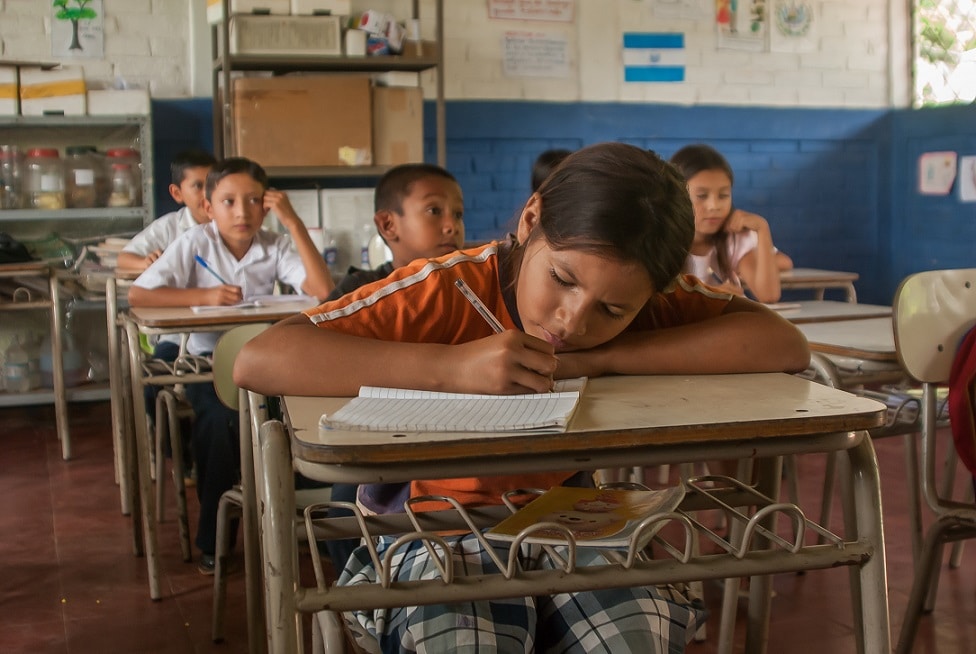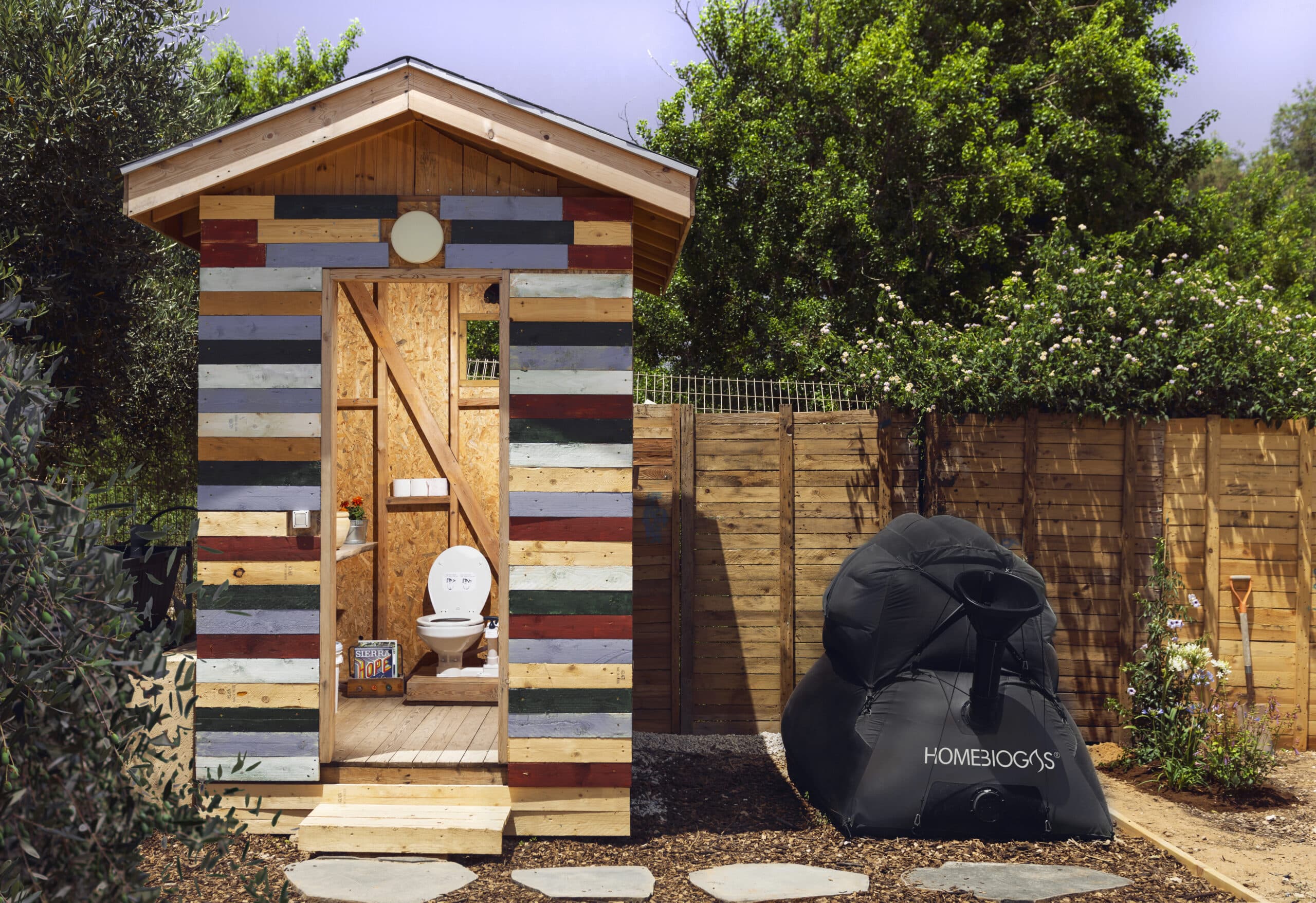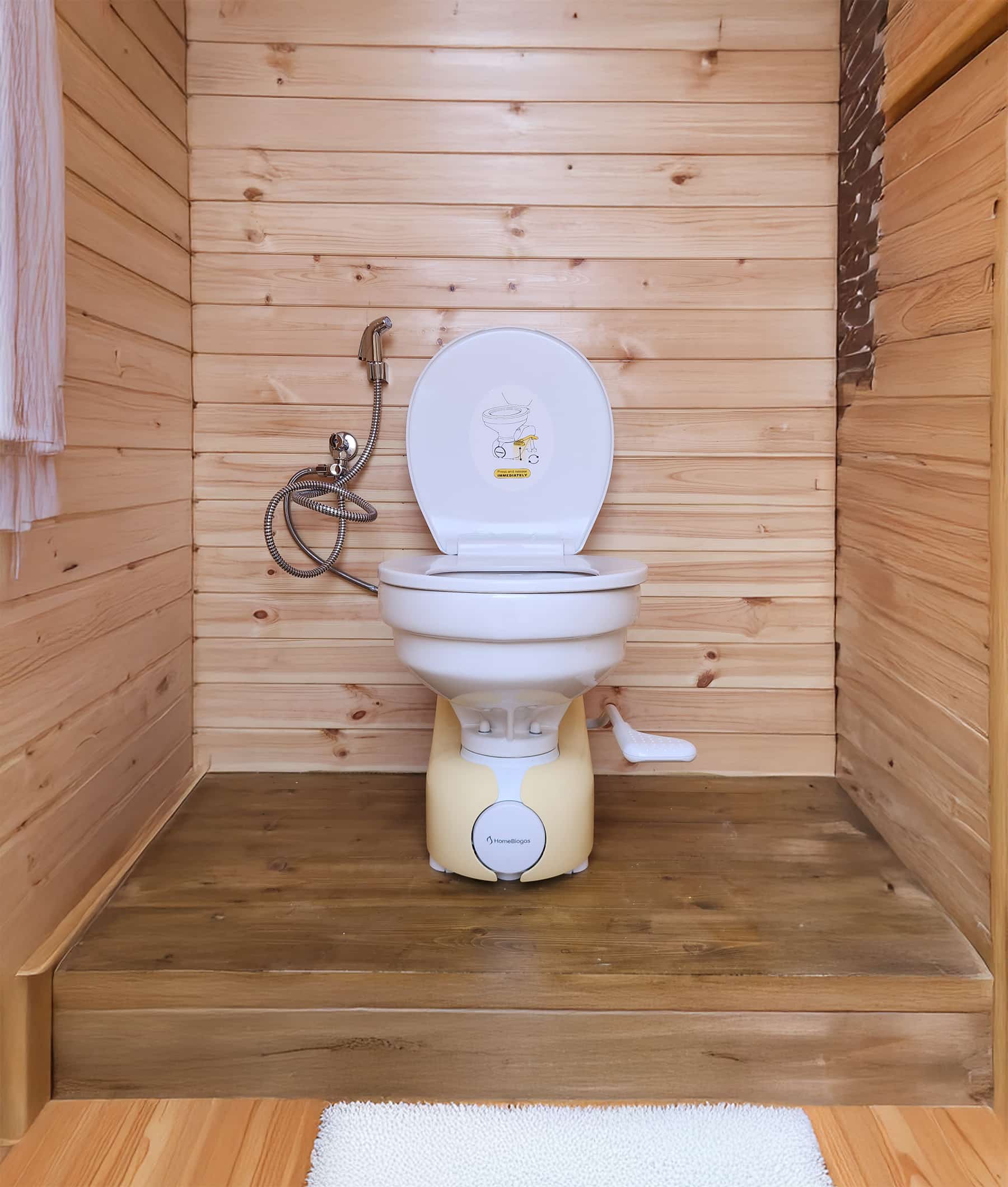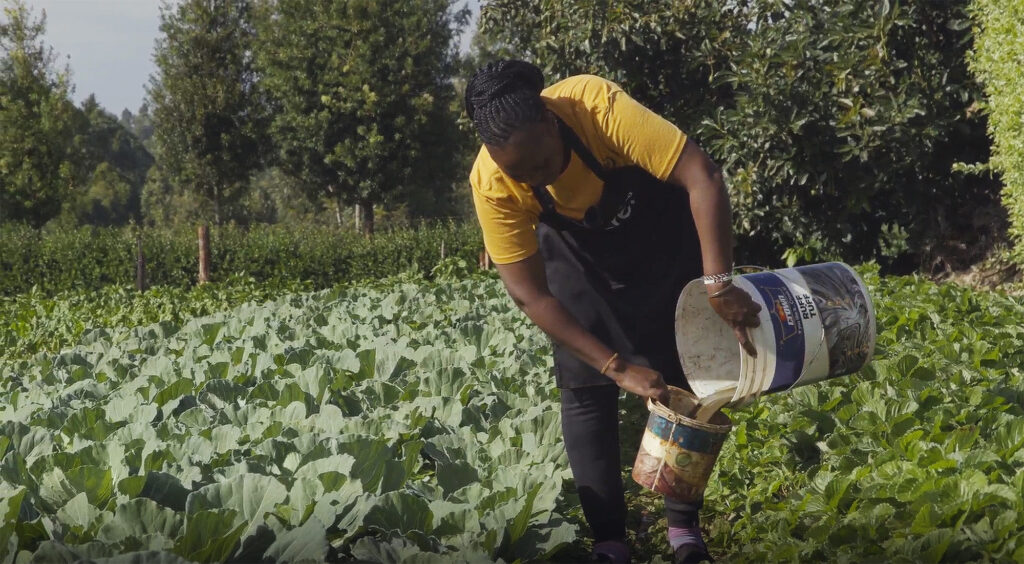
HomeBiogas : Improving Sanitation in El Salvador Schools
HomeBiogas will be supplying HomeBiogas systems to 600 schools in El Salvador in order to provide basic sanitation and renewable energy infrastructure. The compact HomeBiogas systems use anaerobic digestion to convert organic materials disposed into the system into gas for cooking or hot water and into Bio-fertilizer, on-site.
The HomeBiogas innovation will provide national sanitation solutions in hundreds of El-Salvador schools with limited infrastructure. The systems will include HomeBiogas systems which convert organic waste to clean cooking gas and organic Bio-fertilizer for growing food, assisting food insecurity among communities in the country. The systems also include HomeBiogas Bio-Toilets, which turn human waste into renewable energy that can be used for clean cooking. While flush toilets use an average of 9 liters per flush, the HomeBiogas Bio-Toilet only requires 1.2 liters, meaning that these toilets can save up to 80% of water with every flush. The Bio-Toilets are off-grid and do not require a sewerage connection, thus preventing groundwater contamination.
“HomeBiogas is expanding in LATAM, as a decentralized solution that fits perfectly in places that need it the most where infrastructures are limited”, says Oshik Efrat, CEO of HomeBiogas. “We believe waste is a resource that should be used to create renewable energy, and wish to teach children these solutions for the future generation to learn the great value in turning waste into energy or fertilizer. Governments around the world are looking for innovative solutions to manage their waste and sanitation, and we are proud that El Salvador chose HomeBiogas as their preferred solution.”
The clean cooking alternative also has positive health and environmental impacts by preventing harmful indoor air pollution caused by firewood cooking and minimizing the need for trees to be cut down to be used for cooking.
A UN study indicated that in El Salvador, on average, 56 male school-goers share one toilet, whereas 51 female school-goers share the same toilet. 9 schools indicated they had no toilet facilities.

The first phase of the governmental tender willl consist of 600 schools. The project is expected to grow to 5,000 schools in El Salvador. The systems in El Salvador schools join 300 projects in educational centers around the world in countries such as the US, Brazil, Israel, and Fiji.
The HomeBiogas systems that are placed in El Salvador schools are providing national sanitation solutions in hundreds of schools with limited infrastructure, alongside demonstrating to the pupils how waste is fed to the system and within hours it creates biogas which is used for cooking or heating, on-site, along with biofertilizer that is used to grow plants. The waste doesn’t go to waste: it is used in a circular system to cook or grow food.






